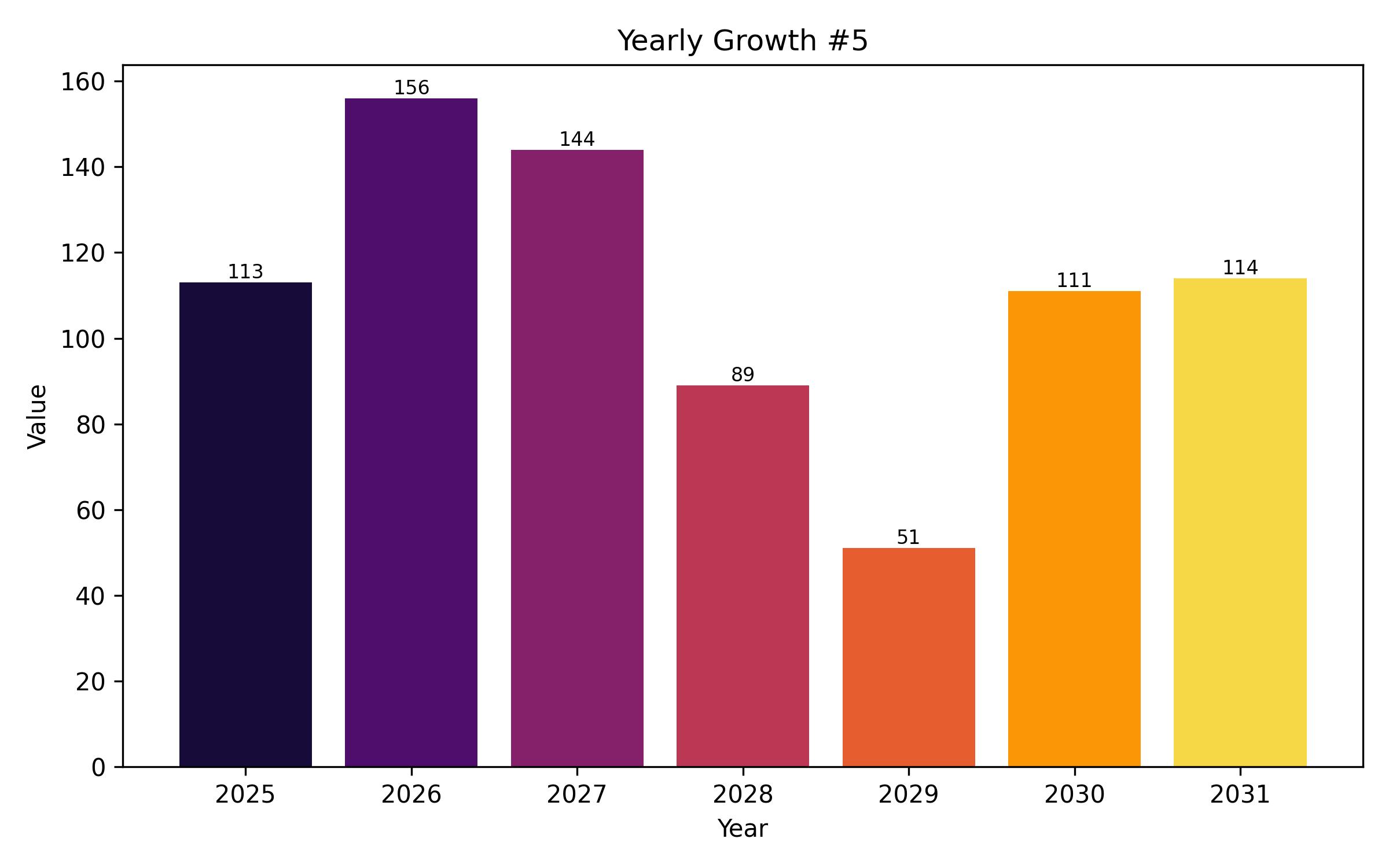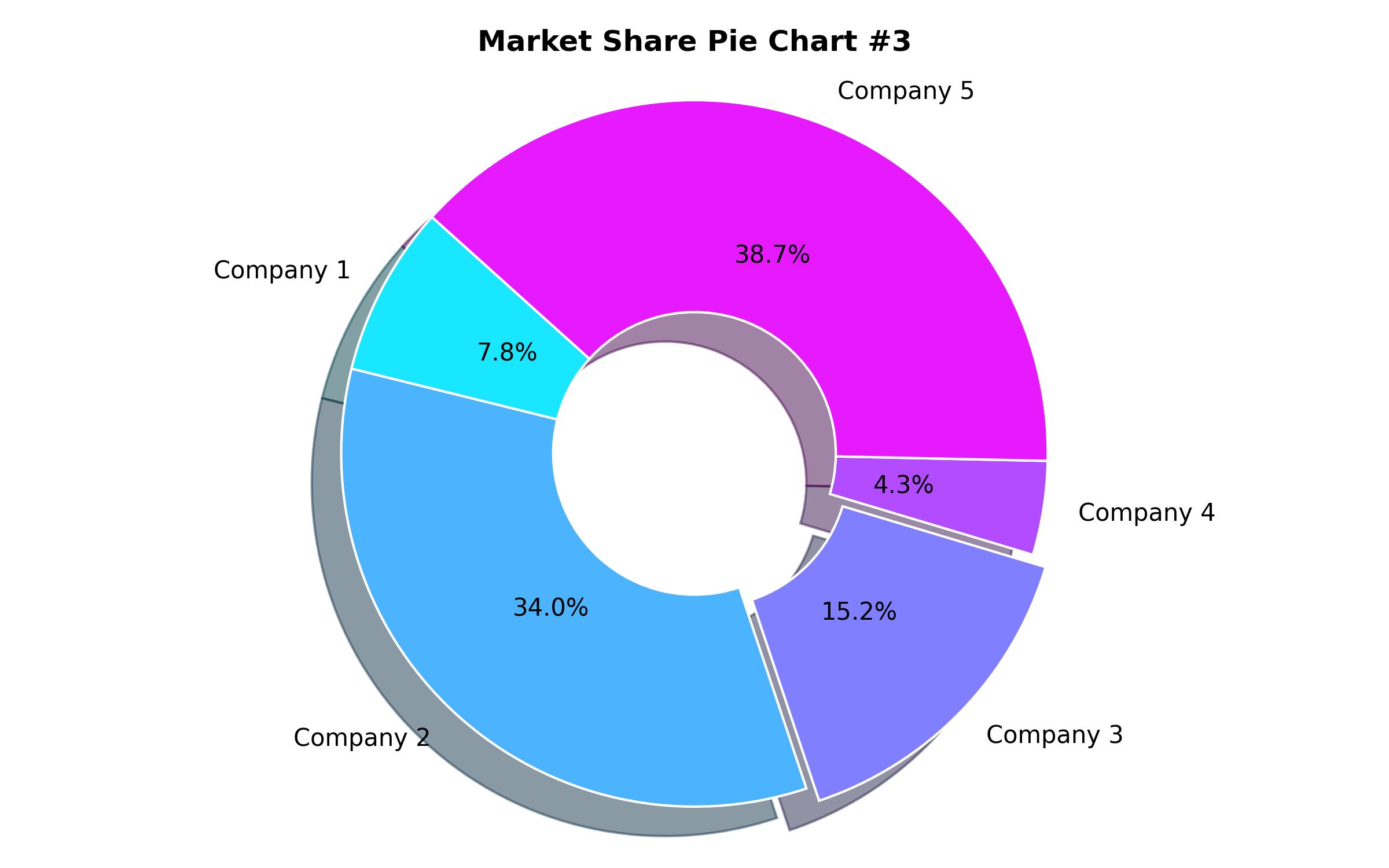Analysis of Growth Trajectory and Forecast for the Short-Term Rental Market: 2025 to 2035
Overview:
The Short-term Vacation Rental Market is poised for considerable expansion from 2025 to 2035, fueled by growing consumer preference for adaptable, comfortable lodging options. Unlike traditional hotel stays, these rentals encompass a diverse range of properties, from contemporary urban apartments to rustic rural retreats, each providing a distinct lodging experience.
The market’s vitality is sustained by the increasing global travel for both leisure and business purposes, coupled with ongoing advancements in digital booking platforms and mobile technologies.
The sector is projected to reach a valuation exceeding USD 405 billion by 2035, exhibiting a compound annual growth rate (CAGR) of 10.5% throughout the forecast period.
| Metric | Value |
|---|---|
| Market Size in 2025 | USD 152 billion |
| Projected Market Size in 2035 | USD 405 billion |
| CAGR (2025 to 2035) | 10.5% |
Regional Insights
North America
North America represents a developed market for short-term rentals, characterized by balanced supply and demand, with the United States holding a prominent position. Elevated bookings are primarily driven by popular tourist spots, the increased flexibility of remote work, and a rising desire for novel travel experiences.
Hybrid travel models, blending work with leisure, are becoming more common, necessitating flexible arrangements and extended stays. While urban centers encounter regulatory hurdles, suburban and rural locales are experiencing rapid expansion, offering fresh revenue streams for property owners.
Europe
Short-term rentals are a significant industry in Europe, contributing substantially to the economies of nations like France, Spain, Italy, and the UK, both in major cities and diverse regional areas. The continent offers a wide array of destinations, spanning historic centers and coastal regions. Cultural interest and demand for authentic local immersion remain principal drivers, particularly for international visitors.
Despite regulatory scrutiny in key urban areas, some platforms are proactively adopting partnership and compliance strategies. The emphasis on sustainability is also growing, influencing both environmental considerations and the rental market itself. Environmentally conscious properties are attracting travelers who prioritize ecological responsibility.
Asia-Pacific
The Asia-Pacific short-term rental sector is forecast to be the fastest-expanding globally, propelled by surging tourism, economic growth among the middle class, and increased internet accessibility. Countries such as China, Japan, India, Thailand, and Australia are witnessing rapid adoption of online rental platforms.
Travelers in this region frequently seek personalized services and value-centric options. Governmental support for tourism, coupled with the efforts of both local and international platforms, is instrumental in fostering market development.
Market Challenges and Opportunities
Challenges
Regulatory uncertainty and varying zoning regulations across different municipalities pose a challenge. Some property owners also face limitations on renting out parts of their homes for brief durations.
Competition from the established hospitality sector, including hotels, remains a factor. Addressing concerns about potentially unauthorized subletting and its impact on other tenants or property owners requires careful strategic planning.
Opportunities
The increasing demand for alternative lodging options that offer a personalized, home-like atmosphere rather than conventional hotel rooms presents a significant opportunity. This shift supports the expansion of short-term rentals, especially in desirable areas and locations away from traditional commercial centers.
Growth is also significantly influenced by technology. Advanced tools like AI-powered pricing, digital concierge systems, and automated property management solutions are enhancing market accessibility and user-friendliness for both property owners and visitors.
Market Evolution: 2020 to 2024 and Future Trajectory 2025 to 2035
Between 2020 and 2024, the market navigated the impact of the COVID-19 pandemic, experiencing initial declines followed by a robust recovery driven by trends like domestic travel and remote work. The period saw increased flexibility in rental models and a heightened focus on hygiene and safety standards.
From 2025 to 2035, the market is expected to see ongoing digital transformation, fueled by the rise of remote work, streamlined booking processes, and integration of smart home technologies. Sustainability initiatives, including eco-friendly accommodations and programs to offset carbon emissions, will also play a crucial role in shaping the market’s future.

| Report Attribute | Details |
|---|---|
| Market Size in 2025 | USD 149.06 billion |
| Revenue Forecast for 2035 | USD 400.91 billion |
| Growth Rate (CAGR) | 10.4% from 2025 to 2035 |
| Base Year for Estimation | 2024 |
| Historical Data | 2019 – 2023 |
| Forecast Period | 2025 – 2035 |
| Quantitative Units | Revenue in USD million/billion and CAGR from 2025 to 2035 |
| Report Coverage | Revenue forecasts, market share analysis, competitive landscape, growth drivers, and market trends |
| Covered Segments | Accommodation Type, Booking Mode, and Region |
| Regional Scope | North America, Europe, Asia Pacific, Latin America, Middle East & Africa |
| Country Scope | U.S., Canada, Mexico, U.K., Germany, France, Italy, Spain, China, Japan, India, Australia, South Korea, Brazil, Argentina, UAE, Saudi Arabia, South Africa |
| Key Companies Analyzed | Airbnb Inc., Booking Holdings Inc., Expedia Group (Vrbo), TripAdvisor (FlipKey), Sonder Holdings Inc., Vacasa, Plum Guide, Blueground, TurnKey Vacation Rentals, OneFineStay |
| Customization Options | Free report customization (up to 8 analysts working days) with purchase. Changes to country, regional, and segment scope |
| Pricing and Purchase Options | Customizable purchase options for tailored research needs |

Report Coverage & Deliverables
- Market Trends And Dynamics
- Competitve Benchmarking
- Historical data and forecasts
- Value/Volume analysis
- Company revenue shares and key strategies
- Regional opportunities
This is an indicative segmentation. Please request a sample report to see detail segmentation of this market.
Detailed Market Segmentation
- Accommodation Type
- Apartments
- Houses
- Resorts
- Other Properties
- Booking Mode
- Online/Platform-based
- Offline
- Region
- North America (U.S., Canada, Mexico)
- Europe (U.K., Germany, France, Italy, Spain)
- Asia-Pacific (China, Japan, India, Australia, South Korea)
- Latin America (Brazil, Argentina)
- Middle East & Africa (UAE, Saudi Arabia, South Africa)
Table of Content
- Executive Summary
- Market Introduction
- Market Overview
- Key Market Trends
- Market Dynamics
- Market Analysis 2019 to 2023 and Forecast 2025 to 2035
- Market – Pricing Assessment
- Market Analysis 2019 to 2023 and Forecast 2025 to 2035 (by Value)
- Market Background
- Market Analysis 2019 to 2023 and Forecast 2025 to 2035, By Accommodation Type
- Apartments
- Houses
- Resorts
- Other Properties
- Market Analysis 2019 to 2023 and Forecast 2025 to 2035, By Booking Mode
- Online/Platform-based
- Offline
- Market Analysis 2019 to 2023 and Forecast 2025 to 2035, By Region
- North America
- Europe
- Asia-Pacific
- Latin America
- Middle East & Africa
- North America Market Analysis 2019 to 2023 and Forecast 2025 to 2035
- Europe Market Analysis 2019 to 2023 and Forecast 2025 to 2035
- Asia-Pacific Market Analysis 2019 to 2023 and Forecast 2025 to 2035
- Latin America Market Analysis 2019 to 2023 and Forecast 2025 to 2035
- Middle East & Africa Market Analysis 2019 to 2023 and Forecast 2025 to 2035
- Country-wise Market Analysis 2025 & 2035
- Market Structure Assessment
- Competition Analysis
- Airbnb Inc.
- Booking Holdings Inc.
- Expedia Group (Vrbo)
- TripAdvisor (FlipKey)
- Sonder Holdings Inc.
- Other Key Players
- Assumptions
- Research Methodology
